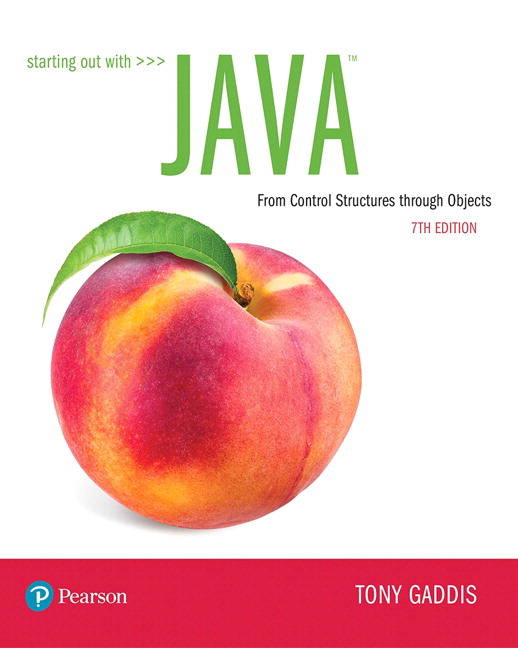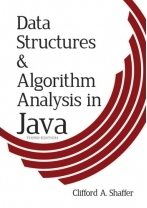Glendale Community College
- Fall-2024 Semester
CS/IS 130 - INTRODUCTION TO ALGORITHMS
Course Description:
CS/IS
130 is a course in programming, algorithm development, and problem-solving using
the Java language with a structured approach. Transfer credit: CSU, UC, USC.
Prerequisites:
CS/IS 112 - Introduction to Programming
Using Java
Schedule:
| Ticket |
Time |
Day |
Instructor |
Location |
| 1463 |
Online |
Online |
Zare Agazaryan |
Online |
This is a web-enhanced course and all students are
encouraged to participate actively in online discussions and to use
resources available on
Canvas.
All programming assignments have to be submitted via
HyperGrade (Course Code: 10565).
HyperGrade
registration link:
https://hypergrade.com/register/10565
Course Overview (in Adobe
Acrobat .PDF format)
CSIS-130 Class Frequently Asked Questions (FAQ)
| Submission Instructions |
| Project
and Homework Assignment Submission Instructions (Coming Soon) |
| Tests |
Date |
Topics Review |
| Midterm Exam |
Monday, October 20, 2025 |
Midterm Topics |
| Final Exam |
Monday, December 20, 2025 |
Final Topics |
|
Make-up Policy:
There are no make-ups on examinations, homework, etc. All
students are required to take the midterm and final exams in order to pass
the class. If a student can’t be present in the classroom for taking a
written exam, the student is required to make arrangements with the
instructor at least two weeks prior to the exam date. Late assignments will
not be accepted. |
First Day Drop Policy:
I reserve the right to drop no-shows after the first hour of the first
class if no prior arrangements were made for the absence.
Disabled Students:
All students with disabilities requiring accommodations are responsible
for making arrangements in a timely manner through the Center for Students with
Disabilities.
Class Rules:
Electronic Device Policy: Turn off cell phones before entering class. No
texting, no calls, no checking messages, etc.—do that during the break. Use of
recorders (audio and/or video) is allowed with instructor permission. No eating
or drinking in class. Clean your area before leaving—throw away all trash.
Please do not put backpacks, purses, etc. in the aisle where people may trip
over them.
Academic Honesty Policy:
I follow the Glendale Community College Honesty Policy as listed in the
Glendale Community College Catalog and the Student Handbook (free at Information
Desk near Admissions). Students are, at all times, required to do their own
work. No copying of other students’ work, whether on a test or on routine class
work, is allowed at any time. Activities that are considered to be CHEATING
include, but are not limited to, the following: talking during exams (including
answering another student’s questions), using cell phone during exams, using
computer (unless permitted), using notes or textbook (unless permitted), using
or passing notes or sharing work—written or electronic—to or from another
student, writing notes on desk for use during exam, copying other students’
work—homework, classwork, or exams, and so on. Violation of any of these rules
(i.e. cheating) could result in a lowering of the exam grade or the course grade
(e.g. a “Fail”), and the violator’s name and student I.D. number will be sent,
with a description of the violation, to the Division Chair and to the Vice
President of Instruction to be kept on record for future reference. The Dean of
Student Activities may also be contacted for disciplinary action, if necessary.
ISSUES OR COMPLAINTS
Please address any issues you may have that are relative to this course
with me, your instructor, before or after class in person, or during my office
hours (see above), or by e-mail as early in the semester as
possible. If you and I cannot resolve the issue, I will refer you to the
division chair, Michael Scott.
 Back
to Home
Back
to Home


 Back
to Home
Back
to Home